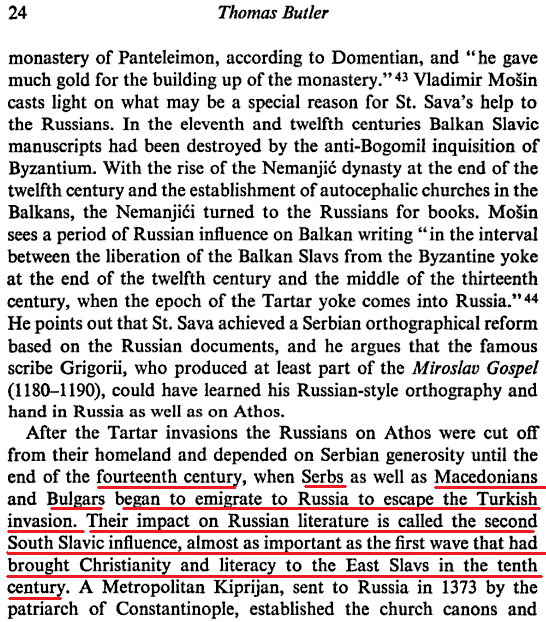As for the langugage adoptions; b4 the start of widespread education in 19th century, probably the most important factor was the population. I mean, in the medieval age, the minorities was probably adopting the language of majority due to intermingling between them. For example, why Bitish people (Anglo-Saxons) speaks the language of Angles today, instead of Saxons? It`s because, probably Angles was more populous than Saxons at that time but that doesnt mean that Saxons german like language didnt effect Angles language, cuz it surely did.
2nd most important factor was the religion. In medieval Europe, when a group of people adopts a new religion, sometimes they were also adopting the langage and customs of their religious forefathers because their former language and customs was being demonized and regarded as a sin. Like the peaceful druids of Celts and the runic alphabet of Germans becoming/transforming to the root of witchery and demonism after christianty. Or for example Bulgars in danube. As soon as the Bulgar monarchy became christians, they abandoned their own language, customs and titles like Khan in favor of the Macedonian system created by Cyril&Methodious at that time but that doesnt mean that Bulgars Turkic language didnt effect current slavic language of Bulgarians. It surely did and i know that there are ~150-200 Turkic words in today`s Bulgarian which comes from early medieval era.
Originally posted by Delodephius



Leave a comment: